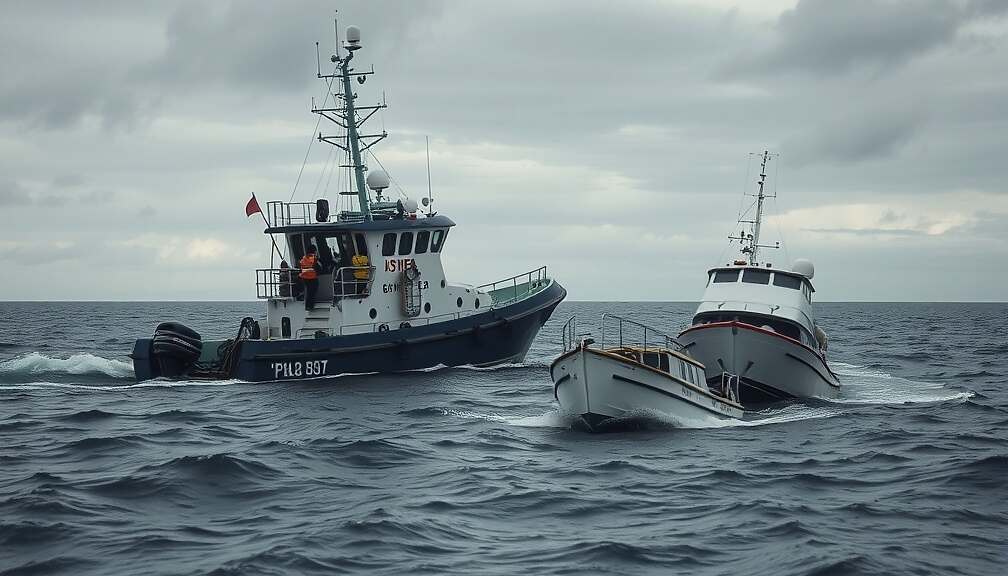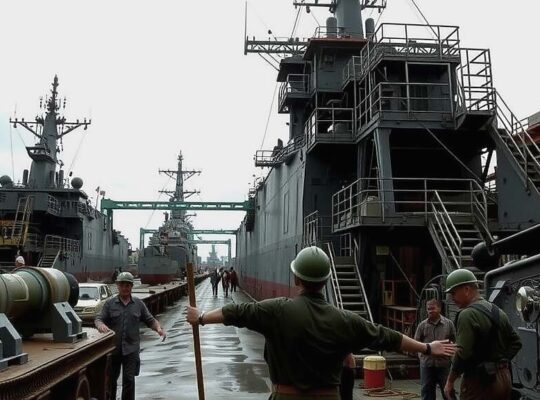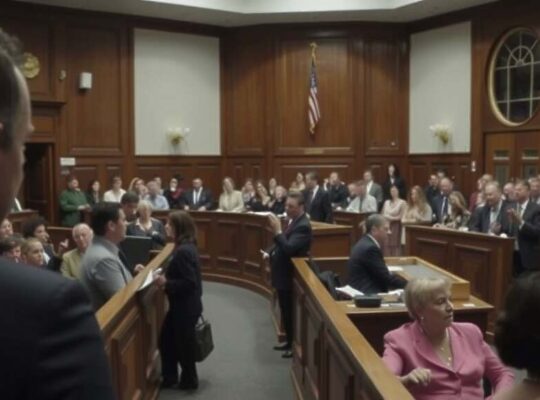The White House confirmed Saturday the deliberate sinking of a suspected drug-smuggling submarine, escalating a recent surge in aggressive interdiction tactics employed by the U.S. Navy in the Caribbean. President Trump, in a statement released, justified the action by asserting the vessel posed a direct threat to American lives, estimating it could have facilitated the distribution of narcotics leading to the deaths of “at least 25,000 Americans.
The submarine, allegedly traversing a well-known drug trafficking route toward the United States, was carrying predominantly fentanyl and other illicit substances, according to intelligence reports cited by the President. Trump identified four individuals aboard the vessel as “known drug terrorists” two of whom were killed during the engagement. The remaining two have been apprehended and are slated for extradition to Ecuador and Colombia to face prosecution.
The action follows weeks of intensified naval presence in the Caribbean, a deployment initiated at Trump’s direction with the stated goal of disrupting drug trafficking operations. While the administration has framed these operations as necessary to protect American citizens, the aggressive nature of the interventions – including multiple reported attacks on smaller vessels and the confirmed deaths of over two dozen individuals – has drawn increasing scrutiny from human rights organizations and legal experts.
Critics express concerns over the lack of transparency surrounding these engagements, questioning the legal justification for sinking a vessel containing suspected criminals while at sea and the implications for due process and international law. The reported deaths, particularly, raise questions about the potential for extrajudicial killings and the escalation of a security response that could destabilize the region.
Furthermore, analysts suggest that the administration’s rhetoric, characterizing drug traffickers as “terrorists” risks oversimplifying a complex issue involving socioeconomic factors and regional instability and may hinder more effective long-term solutions. While the President’s statement emphasizes a zero-tolerance policy towards illicit drug trafficking, many question whether a militarized response, lacking comprehensive diplomatic and economic initiatives, will ultimately succeed in curbing the flow of drugs and mitigating the associated risks. The precise details of the engagement and the legality of the submarine’s sinking remain subject to further investigation and potential legal challenges.












